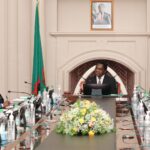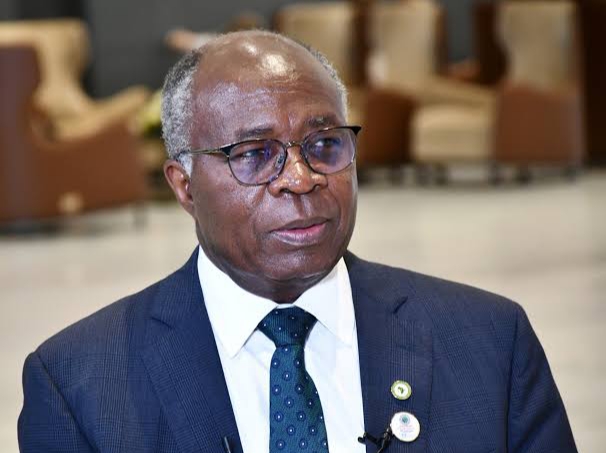In a recent address, Zambia’s Minister of Finance and National Planning, Dr. Situmbeko Musokotwane, expressed cautious optimism about the country’s economic recovery, despite facing several challenges in 2024. According to an International Monetary Fund (IMF) report, Zambia’s economy is projected to grow by at least 6% annually in the coming years. However, the nation’s growth outlook for 2024 has been affected by adverse factors, particularly in agriculture.
Dr. Musokotwane pointed out that, while early forecasts for 2024 predicted a GDP growth of over 5%, revised projections now indicate a mere 1% growth. This downturn is largely attributed to the severe drought conditions experienced across Zambia, which have led to significantly lower agricultural yields. Farmers have faced difficulties in producing key crops, thus negatively impacting the agricultural sector, which is vital to the country’s economy.
Moreover, the Minister highlighted the challenges in the energy sector, particularly the ongoing electricity shortages. Many manufacturing and retail sectors, which rely heavily on electricity generated from water, have been adversely impacted. These energy shortages have placed a strain on industries that are vital to Zambia’s growth.
Despite these setbacks, Dr. Musokotwane emphasized that there were positive signs of recovery, especially in the mining sector. Some mining companies, such as KCM, First Quantum, Mopani, and Lumwana, had halted operations in the past. However, under the leadership of President Hakainde Hichilema and the New Dawn government, many of these companies have resumed their operations, contributing to the stabilization of the mining sector and the country’s economic activity.
Dr. Musokotwane’s comments were made during a visit to the Multi-Facility Economic Zone (MFEZ) in Chibombo District, a key initiative that he believes will play a pivotal role in Zambia’s economic recovery. He expressed disappointment over the negative views circulating about the IMF report, stressing that such perspectives could undermine efforts to rebuild the economy. The Minister believes that the MFEZ is set to become a major job creation hub, particularly for Zambia’s growing youth population. He reiterated the importance of fostering a positive outlook and collaborating with local and international investors to drive growth.
District Commissioner Llyod Kayeka echoed these sentiments, highlighting the MFEZ’s potential to generate significant revenue and create economic opportunities in the region. The local government’s efforts, in partnership with MFEZ management, are seen as vital to the success of this initiative.
Charles Ye, the Managing Director of MFEZ, also discussed the facility’s achievements since becoming operational in October 2023. MFEZ has already secured 11 investment agreements, totaling $129 million, which include projects in tobacco cultivation and solar energy. However, Mr. Ye acknowledged the ongoing challenges related to power supply and revealed plans to build a $50 million solar power plant to address energy shortages. He also expressed hope that the central government would continue to provide support to attract more investors and ensure the long-term success of the zone.
As Zambia works through these challenges, the prospects for recovery remain cautiously optimistic. The MFEZ and other key initiatives offer hope for economic growth, job creation, and increased foreign investment. While the country continues to face significant hurdles, the efforts to boost sectors such as mining, energy, and manufacturing show promise for a more prosperous future.






